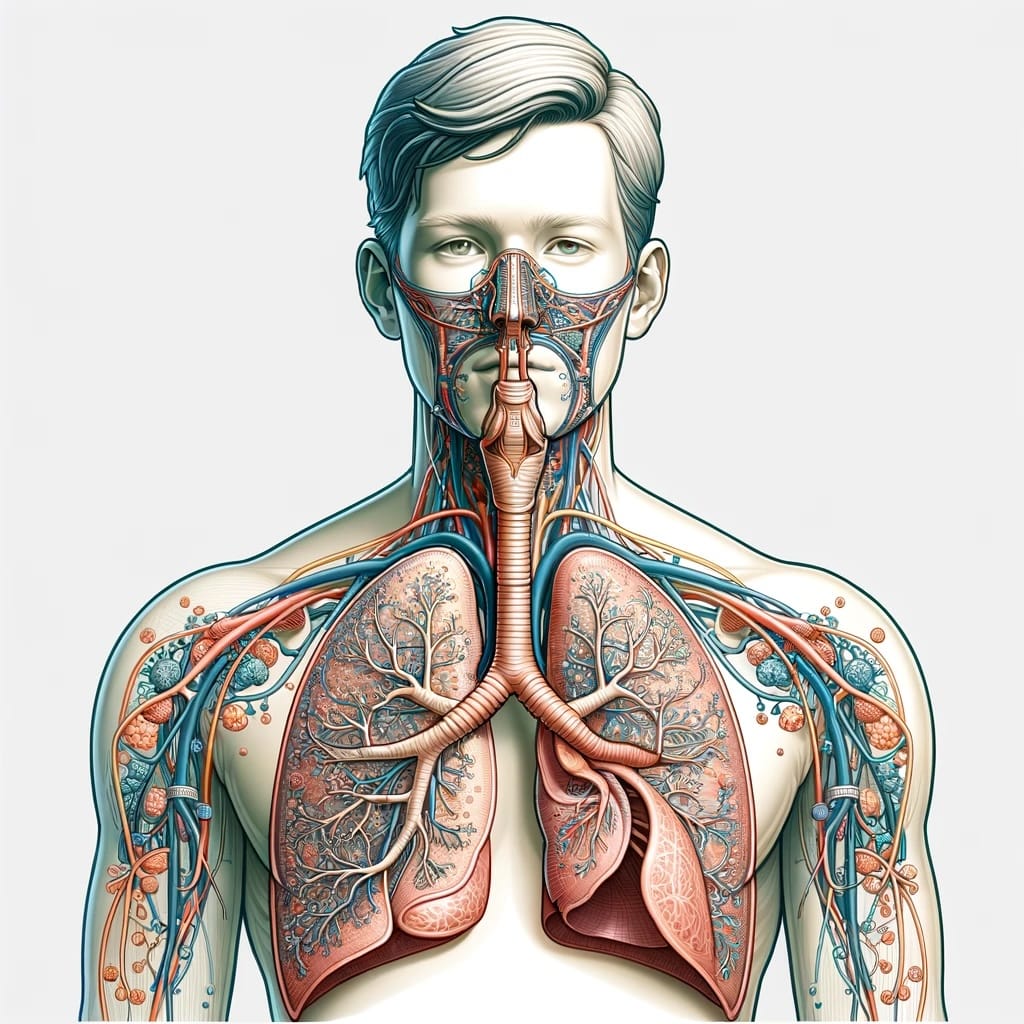How Breathing Affects Our Consciousness, Mind, and Body

In 2017, researchers at Stanford University revealed how our breathing patterns influence brain regions involved in attention, memory, and emotion. This groundbreaking study uncovered intricate cellular and molecular connections, highlighting the profound impact of breathing on our mental states.
One of the findings was that breathing through the nose, as opposed to the mouth, was good for the immune system and the brain. This type of breathing also helped organize neurons in the hippocampus, enhancing memory and cognitive function.
Dr. Nazareth Castellanos, a Spanish neuroscientist, explains that we typically breathe 15-20 times per minute. However, when calm, we should slow our breathing to 10 breaths per minute for optimal overall well-being. Awareness of our slower inhalations helps the brain, the heart, and other internal organs function more optimally.
Just as inhalation through the nose is important, slow and extended exhalations are crucial for various bodily functions, like emotional regulation. For example, quick exhalers tend to stress more easily, as tracked in a study by the University of Tokyo.
Why it matters: Uncontrolled breathing correlates with jumbled and chaotic thoughts. What makes breathing unique is that it’s a bodily function we can consciously control. By learning to observe and adjust our breathing, we gain a powerful tool for managing and quieting the traffic in our minds. Understanding and controlling our breathing can empower us to manage our mental and physical health. Observing our breathing for a few minutes daily can familiarize us with our mental patterns. Practicing this can be a significant skill in assisting us on our journey of self-improvement and self-understanding.
The big picture: Consciousness—our first-person subjective experience—is the will that strives to regulate our breathing, which in turn benefits both our mental and bodily aspects. The clearer and more peaceful our minds and bodies are, the more clarity we have in the world. This connection between our breathing and mental clarity underscores the importance of this practice in our daily lives.
Looking ahead: Next week, we’ll explore how ancient cultures, including those in India, China, and Greece, have understood the benefits of breathing techniques for well over 2,000 years. In contrast, it’s only in the last 10 to 20 years that we’ve begun to scientifically study the profound impacts of proper breathing. Stay tuned to discover the history, insights, and purposes behind this age-old practice.


